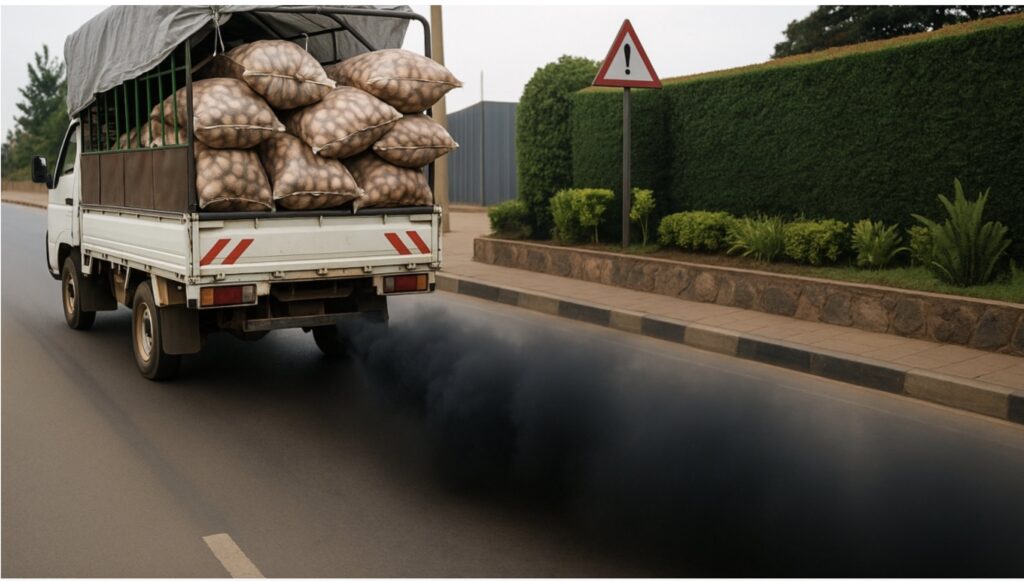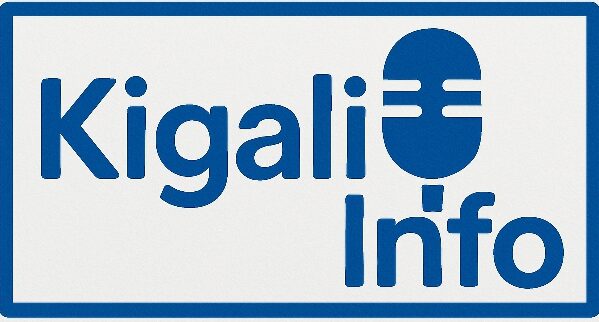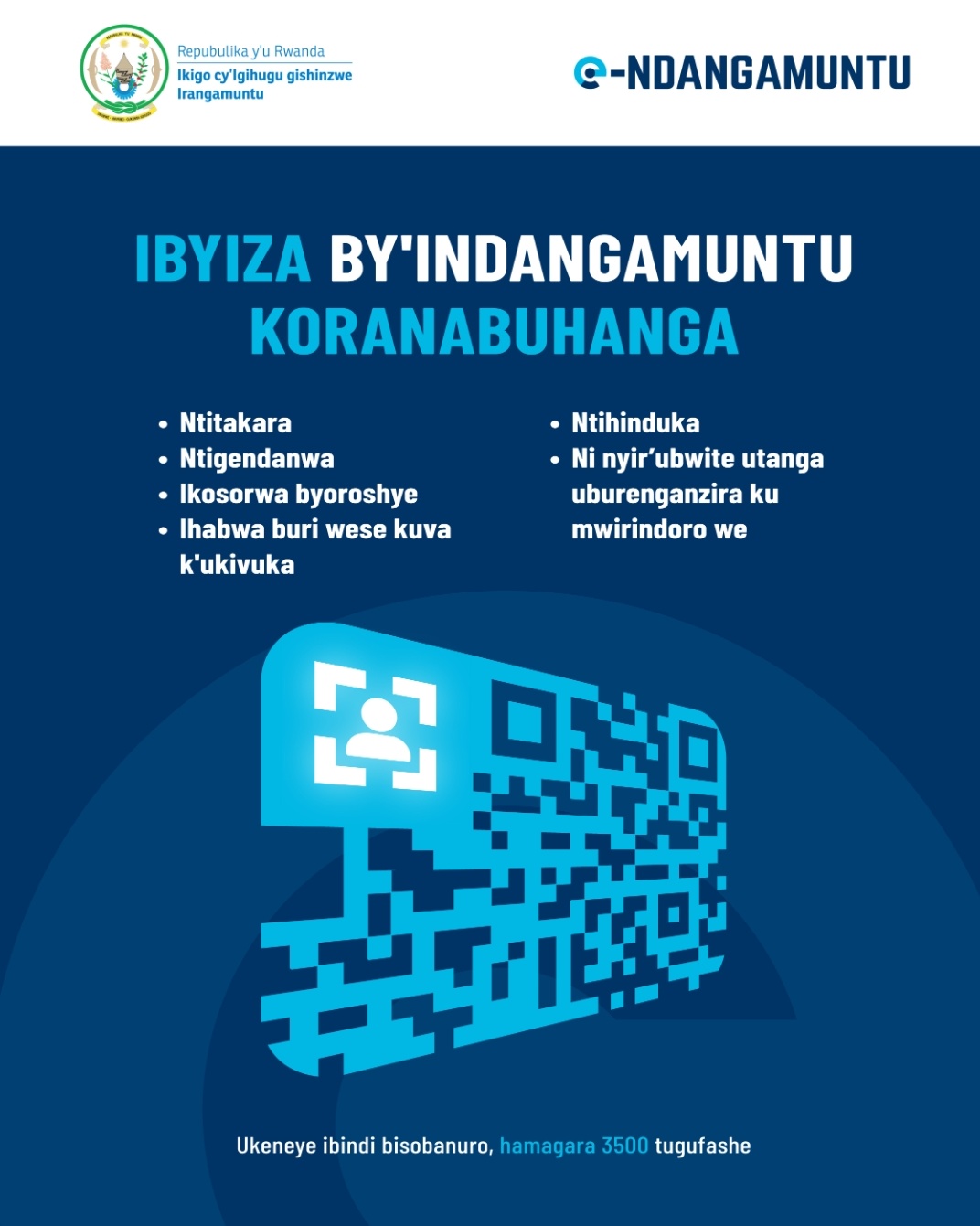
Kigali, Rwanda – August 4, 2025
In a major step toward improving air quality and public health, Rwanda will begin mandatory vehicle emission testing across the country starting August 18, 2025, the Rwanda Environment Management Authority (REMA) has confirmed.
The new policy targets all fuel-powered vehicles, with the exception of electric cars, and is designed to reduce harmful emissions that contribute to respiratory illnesses, cardiovascular diseases, and environmental degradation.
“This initiative aims to raise public awareness about the importance of clean air and the risks posed by pollution,” said Juliet Kabera, Director General of REMA, in an interview with The New Times. “Clean air is a right and a necessity for all.”
Testing Fees and Categories
A Ministerial Order issued earlier this year outlines the structure of emission testing fees based on vehicle type:
- Motorcycles will be tested for Frw 16,638. A retest, required if the vehicle fails and the owner does not fix issues within 14 days, will cost Frw 8,319.
- Private cars carrying up to 8 passengers (excluding the driver) will pay Frw 34,940 for the initial test and Frw 17,470 for a retest.
- Commercial buses and trucks with a load capacity between 1.5 and 7 tons will be charged Frw 51,578 for the first test and Frw 25,789 for a follow-up.
- Other vehicle types not explicitly listed will pay Frw 49,914 initially and Frw 24,957 for any retest.
Frequency and Priority Vehicles
Under the program, private cars and motorcycles will be tested once per year, while commercial vehicles—due to their intensive use and higher fuel consumption—will undergo testing twice annually.
Figures from the Rwanda Utilities Regulatory Authority (RURA) and the Rwanda Transport Development Agency (RTDA) show that motorcycles account for 55% of all vehicles in Rwanda. This makes them a key target group in the emission control strategy.
Testing Standards: Euro Compliance

Testing will be based on the European Union’s “Euro Emission Standards”, which define the maximum allowable limits for air pollutants emitted by vehicles, according to the year they were manufactured:
- Vehicles manufactured in 1992 will be tested under Euro 1, which does not require monitoring of pollutants such as nitrogen oxides (NOx) or particulate matter (PM).
- Vehicles from 2005 will be held to Euro 4 standards, requiring a 60–80% reduction in emissions. This is typically achieved through technologies like Diesel Particulate Filters (DPFs).
- Vehicles made after 2015 must comply with Euro 6, the most stringent standard, mandating advanced emission control systems to significantly lower levels of NOx and PM.
Enforcement and Compliance
Vehicle owners whose cars fail the emission test will be required to correct the issues within 14 days. Failure to do so will result in additional testing fees, and non-compliance may eventually lead to penalties or vehicle deregistration, REMA officials warn.
The government says the program is not just a regulatory exercise but part of a broader public health and environmental protection agenda.
“We must act now to ensure that Rwanda’s development does not come at the expense of its environment,” Kabera added.
The emission testing initiative follows Rwanda’s increasing commitments to green growth and sustainable urbanization. It aligns with the country’s broader climate goals and Vision 2050 agenda.








